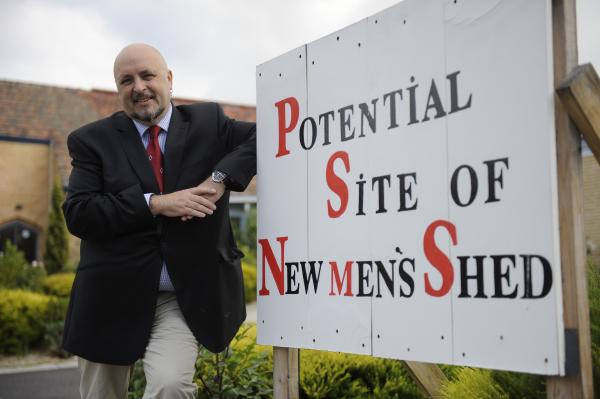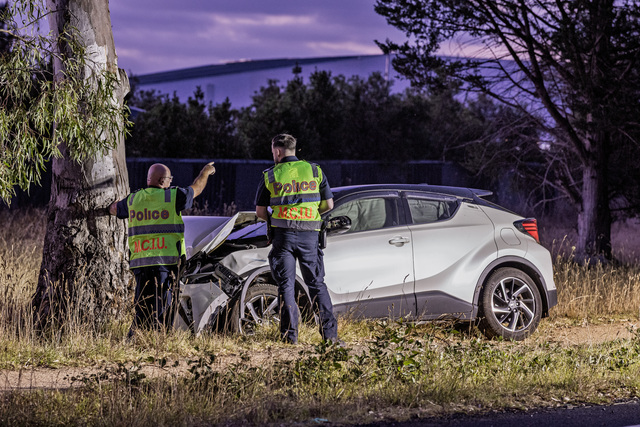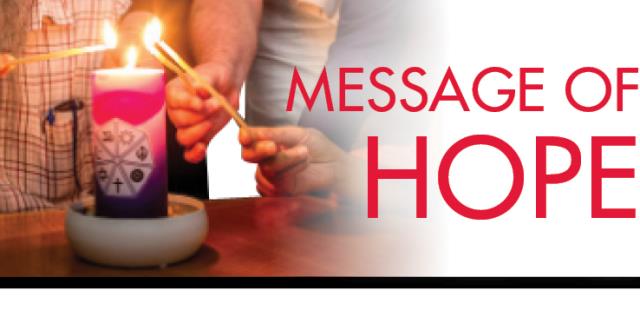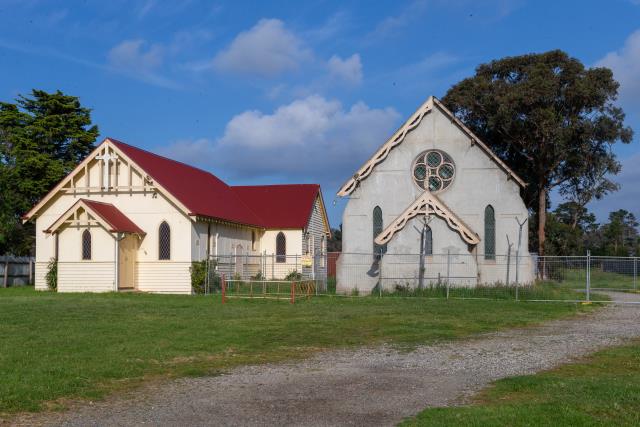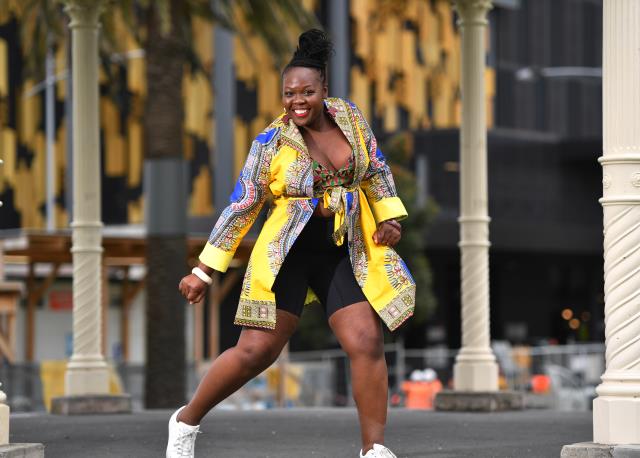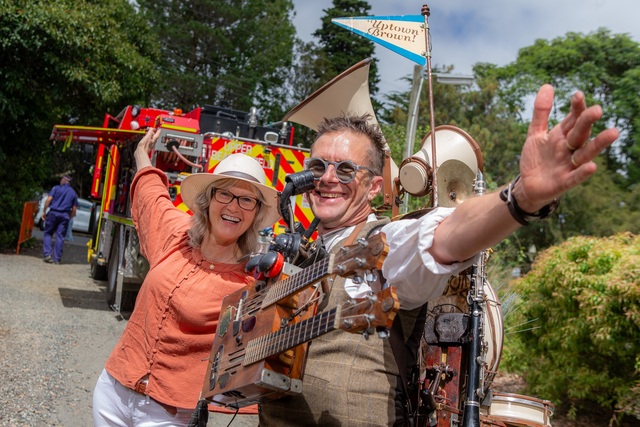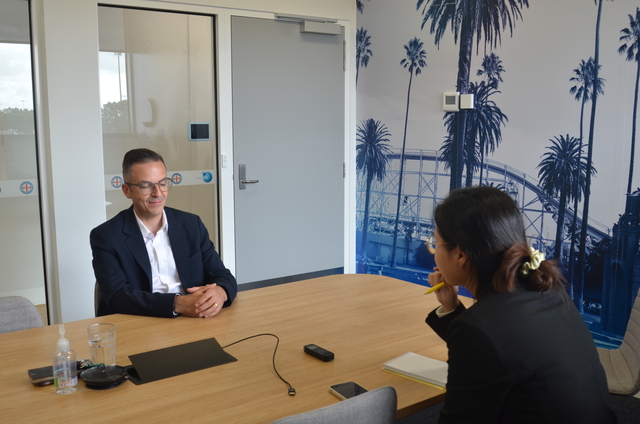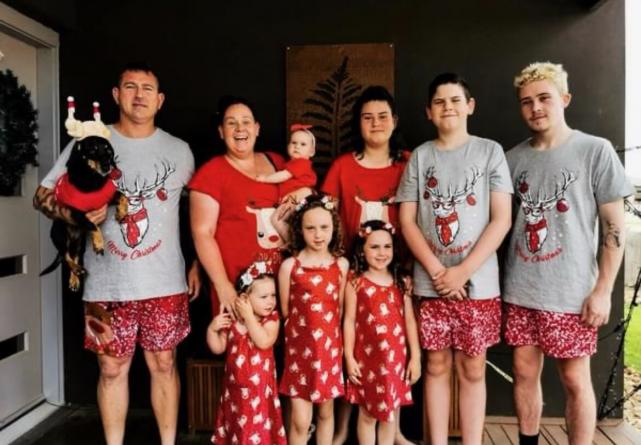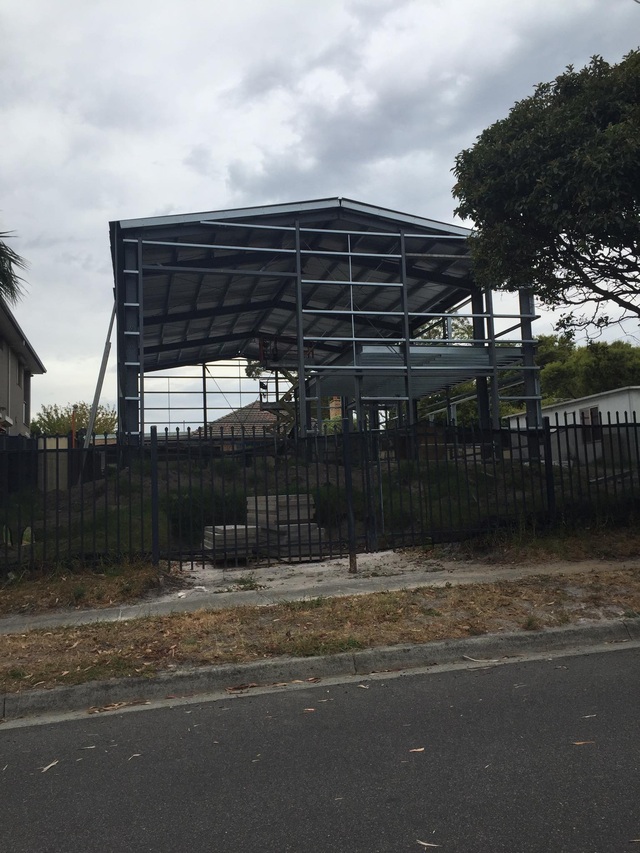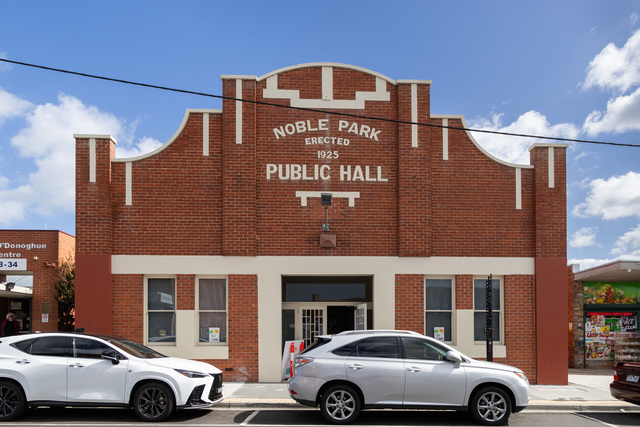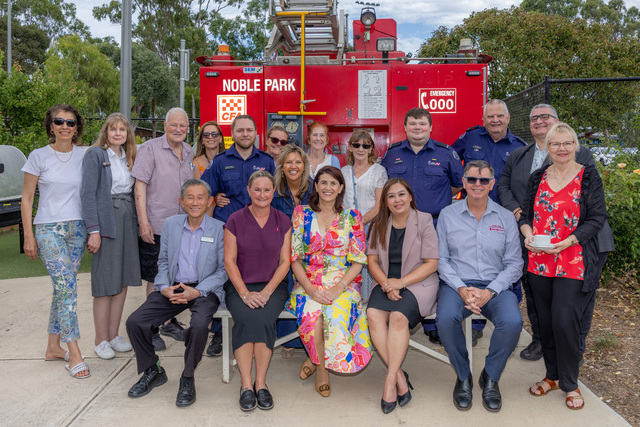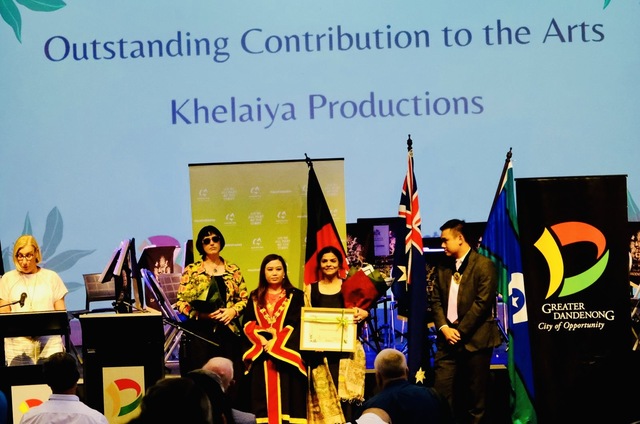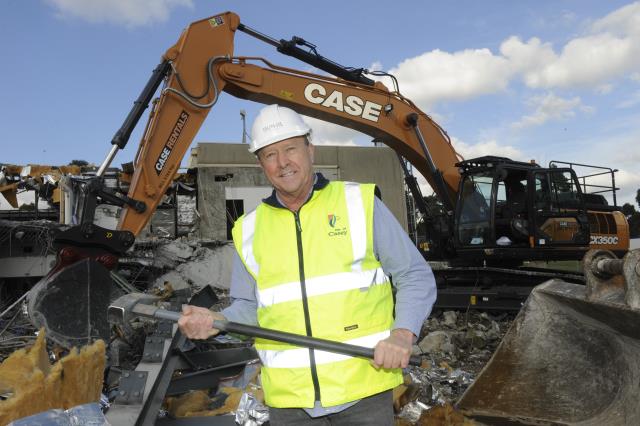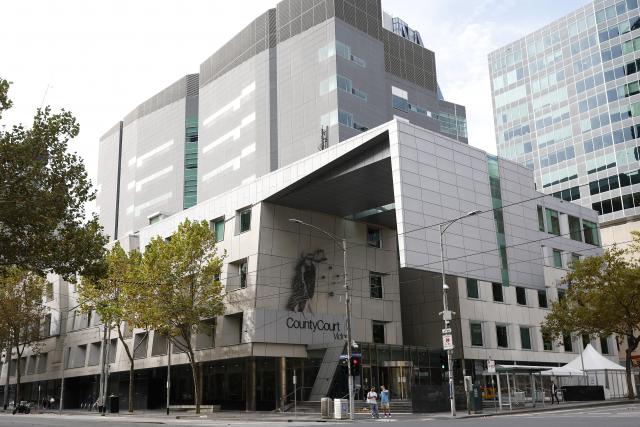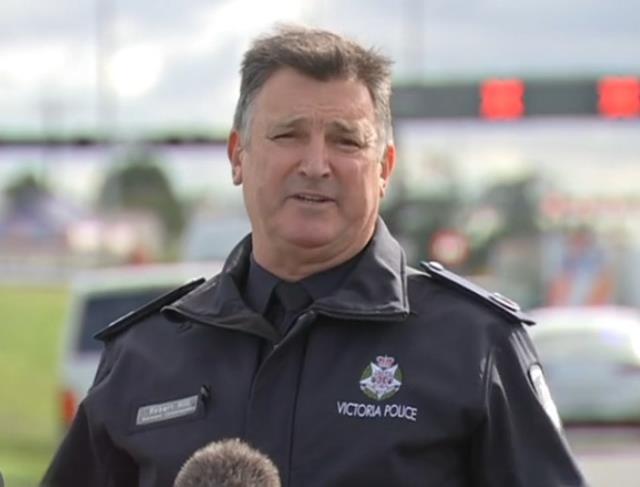By CASEY NEILL
A SPRINGVALE church leader says the community needs a reminder that refugees and asylum seekers are people too.
The Reverend Paul Creasey from Springvale Uniting Church said both sides of politics had dehumanised new arrivals in recent years.
“We’re becoming far more suspicious of the outsider, yet we’re a country that’s been built on people who’ve come from somewhere else, other than our indigenous people,” he said.
“The only way we’re going to change it is to keep telling our leaders, our politicians and the wider community that these are people.
“Stop thinking of them as just illegal migrants.
“At the end of the day, when they come into my office, they’re people with needs.”
Up to 80 per cent of the people who come to Rev Creasey for help are refugees, migrants or asylum seekers.
“There are a whole lot of different service providers who are working very hard to cover the gap,” he said.
“It’s my belief that things will get worse before they get better.
“That gap is going to widen. It is widening. I’m working harder.”
Rev Creasey has spearheaded Australia’s first multicultural men’s shed which is set to open its doors within weeks at Springvale Uniting Church.
“For me it’s been a four-year journey,” he said.
“It’s a long time to sustain the enthusiasm, and it’s been a bit of a rollercoaster.”
Rev Creasey started the project after helping a Chinese man who’d lost his daughter to a brain aneurysm.
He found “very little that was culturally-specific that was able to help” the bereaved father.
“The idea is giving men space and a place where they can start to talk through their issues, and cutting down the barriers that stop us from communicating,” he said.
Rev Creasey hopes it will make a big difference.
“I think that men in our community are really struggling to understand their role in the community,” he said.
“Some people find themselves out of work prematurely, or when they do retire that they’ve lived for work and their social connections are not built up.
“It’s about inclusion, it’s about creating a more cohesive community.”
He said the shed would also break down barriers between Springvale’s many cultures.
“We have differences, obviously, but the commonalities that we have are far greater,” he said.
“We want to create a place where people can freely communicate, where there’s a sense of cross-pollination of ideas, and where we can develop a different understanding of each other from the multitude of backgrounds that we come from.”
Mr Creasey said the Springvale concept was in line with other Australian Men’s Shed Association groups, which give men a place to chat while working shoulder to shoulder.
But there’ll be a focus on skills, parenting and health.
“Men’s health becomes a real problem when you’ve got people from different languages trying to communicate with each other, and talking often about things that are taboo subjects for them,” he said.
“Issues of parenting are a big issue, especially for men.
“If you come from, say, a Dinka community, the man has the strong role within the family, and it’s changed because a lot of them men when they came here were unable to get work.”
Rev Creasey said the shed’s reach would be wider than the men who attended.
“I think that flows onto the women,” he said.
“I’ve recently been speaking a lot about why men’s sheds are women’s business, for the simple fact that I think there are benefits for the whole family.
“Often we can feel like islands separated from all the coastline around us.
“When we start to share we start to understand that it’s not just about us but it’s about the wellbeing of the total family.”

